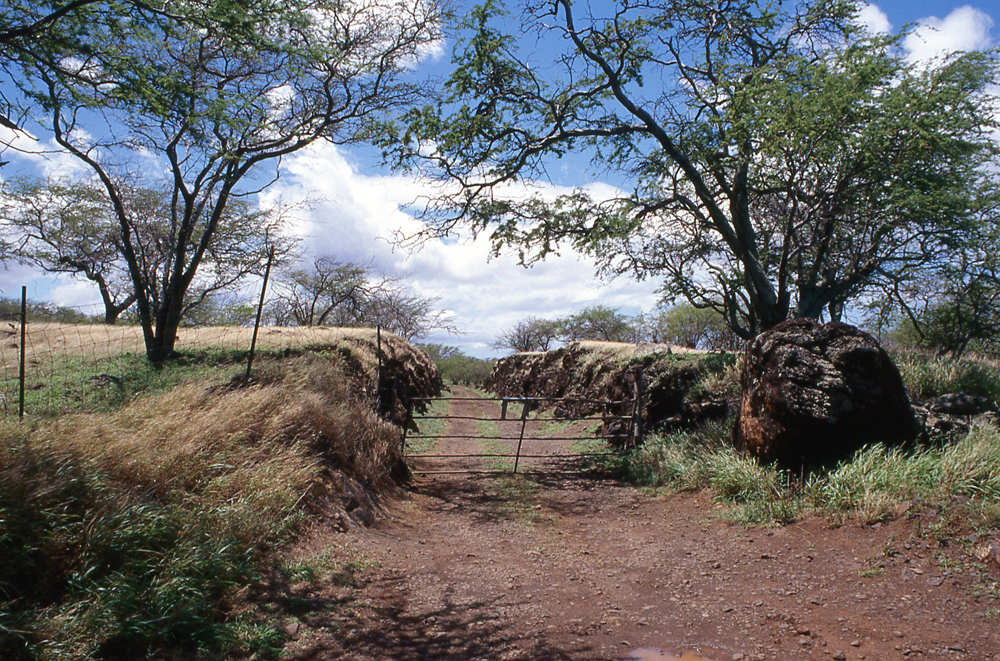
Abandoned railroads I enjoy traveling to the Hawaiian Islands. For me, it is a peaceful respite. But there is a down side. It’s not a great place to watch trains. At one time, all the islands that made up the 50th state had some sort of rail transportation. There was steam, diesel, signaling, commuter service, […]
Read More…
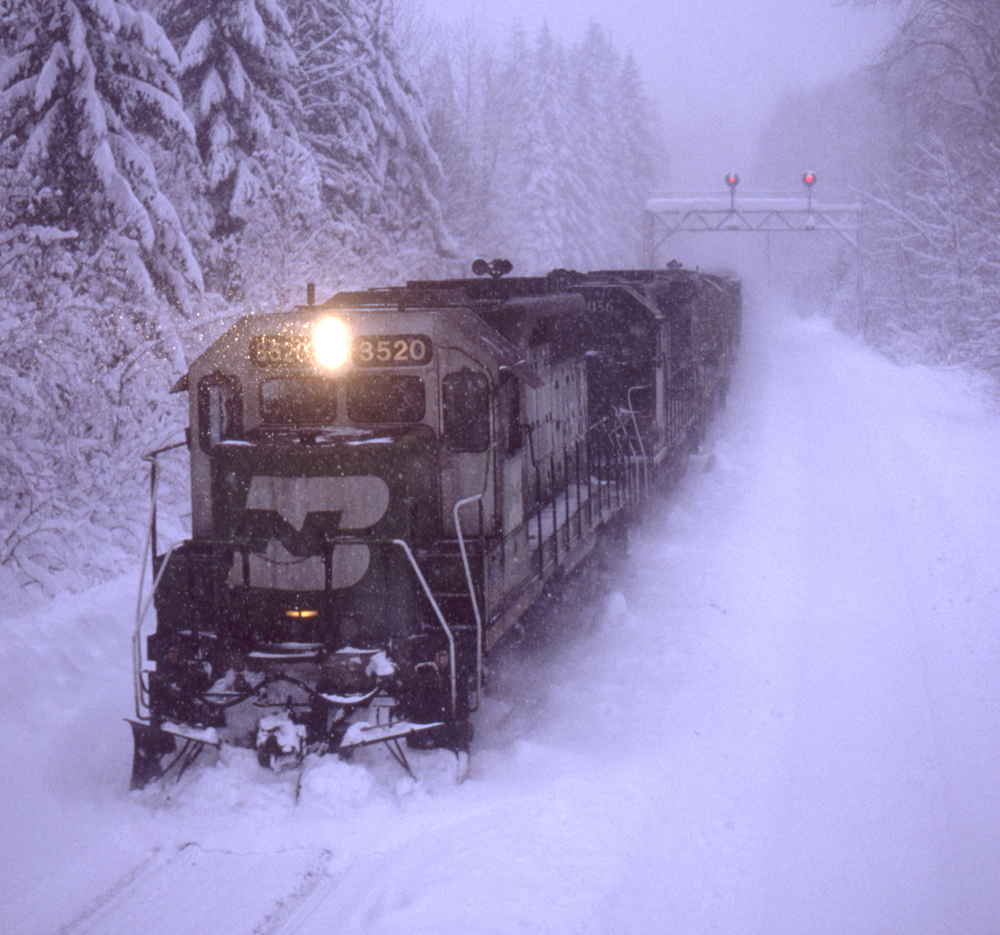
Steak and eggs I was working a westbound over the Scenic Subdivision as the conductor on a Wenatchee-to-Seattle drag freight. The East pool ran from our home terminal of Seattle (Balmer Yard) east of the Cascade Mountains to Wenatchee, our away-from-home terminal. This was in December of 1983. It was very cold that day. The […]
Read More…
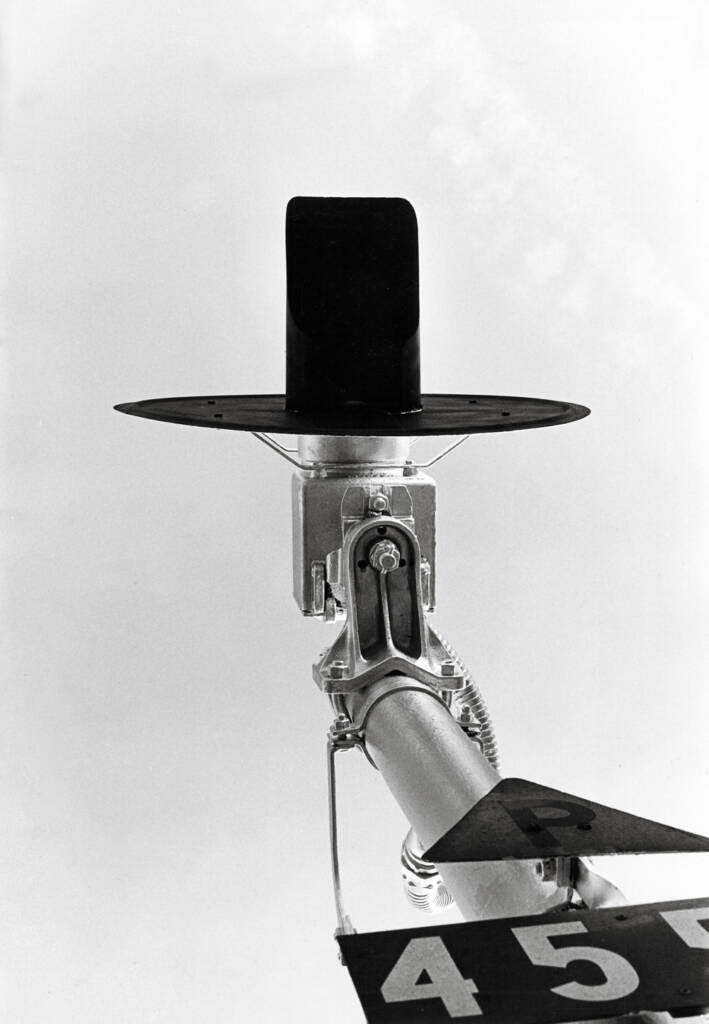
No trains, now what? You have taken time off from work, the clouds have parted, the sun is out, and you are heading out for a full day of chasing and photographing trains. Refreshments are packed in the cooler, the scanner is humming, and your camera is ready for quick retrieval when that first locomotive […]
Read More…
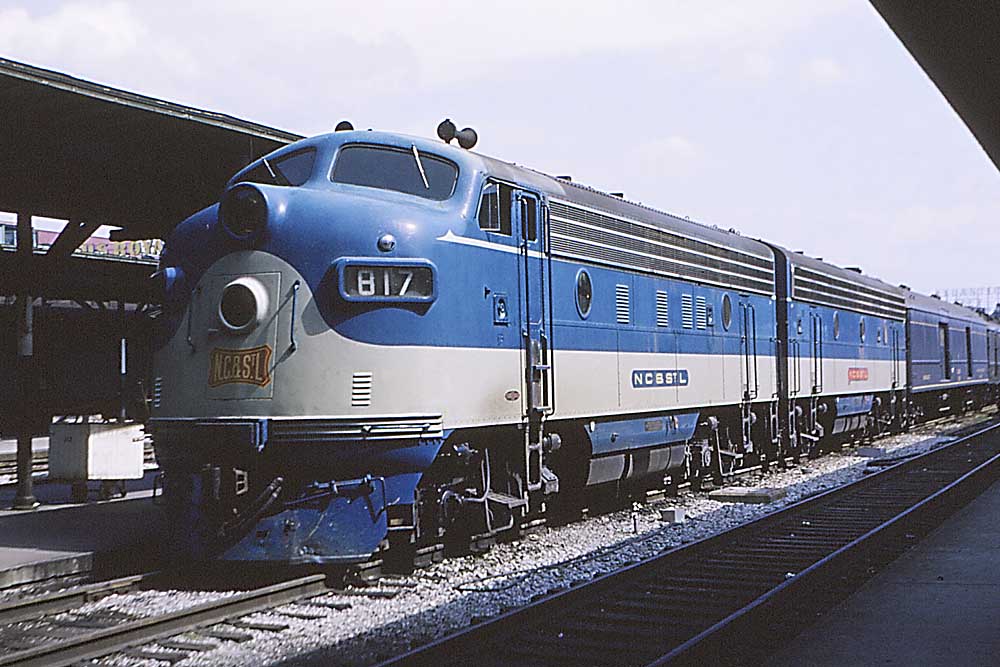
Although the Nashville, Chattanooga & St. Louis Railway employed several nicknames — “Dixie Line,” “Nashville Road,” and “Lookout Mountain Route” among them — to former employees and their families, it will always be “Grandpa’s Road.” James A. Skelton was one of those Grandpas. He was 14 in April 1862, and although the War Between the […]
Read More…
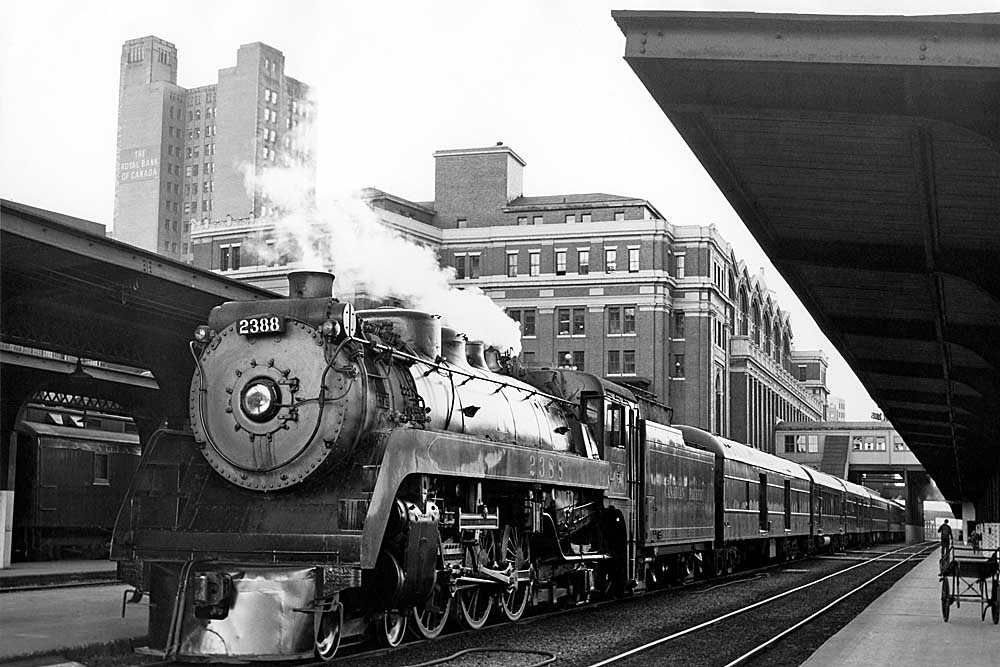
Prior to the Hudsons, Mountains, and Northerns, the 4-6-2 Pacific-type was celebrated as THE passenger locomotive at the turn of the 20th century. Outperformed in later years by their bigger, faster, and stronger successors, the smaller racehorses continued to hold their own until the end of steam along North America’s railroads. Though, it can be […]
Read More…
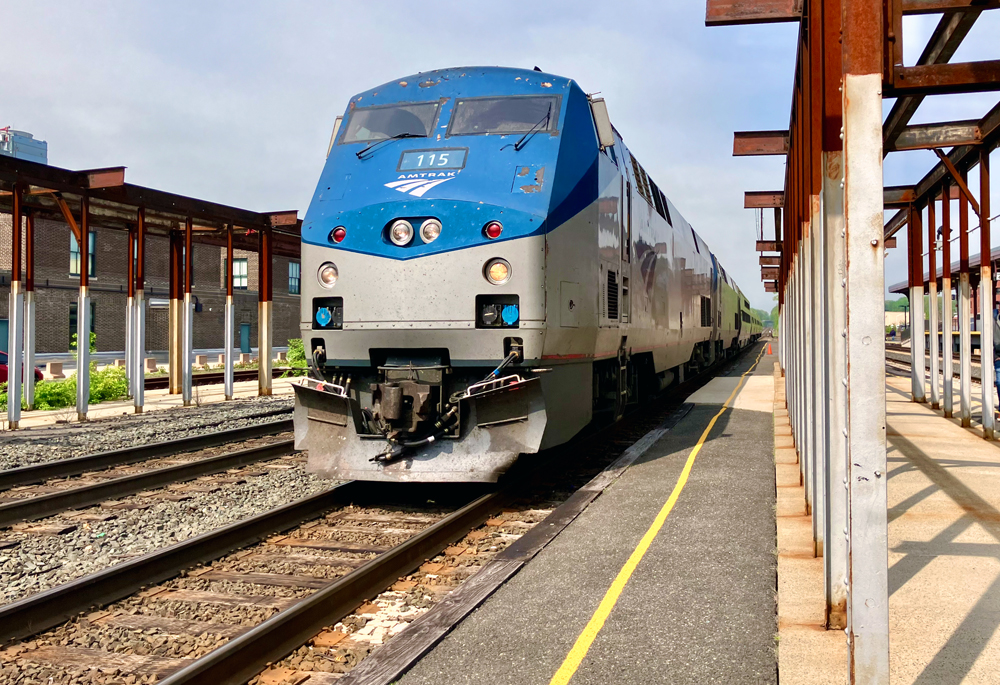
A train with no name… With the world changing at an accelerating pace, there’s something comforting about standing on a station platform, putting your left foot on the standard Amtrak-issue yellow step stool, and climbing aboard a train. Not any old train, mind you, but a passenger train with a name. A train that carries […]
Read More…
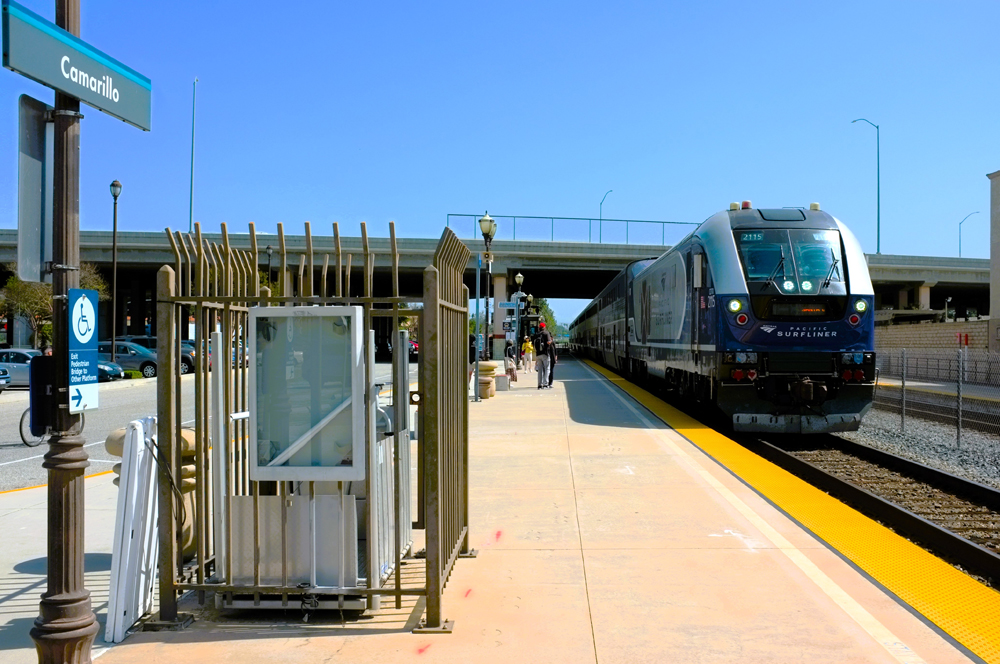
Calling all railfans… As railfans, most of us flock to the railroad’s hotter, more congested lines. And why not? If you are going to take an hour or day in pursuit of the hobby, it is natural to want to get the most bang for the buck. Or in this case, the most trains you […]
Read More…
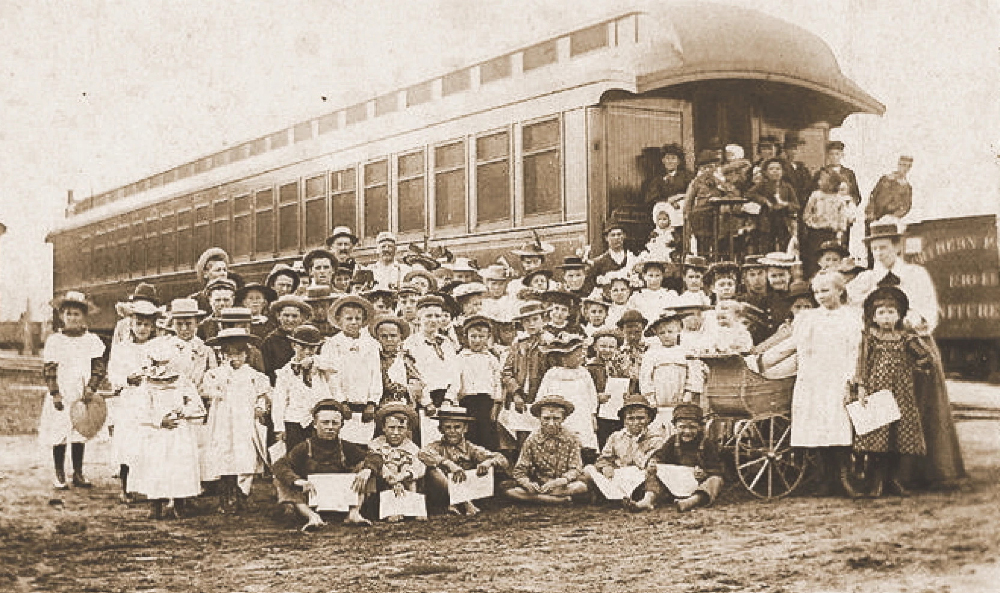
Orphan Trains The orphan train story does not involve a specific train consist, locomotive, route, or even schedule. The story comes from a period that was socially different from today — 1854 to 1930. Attitudes about the idea of family, how parents cared for children, and the dichotomy between well-off and not, were radically different […]
Read More…
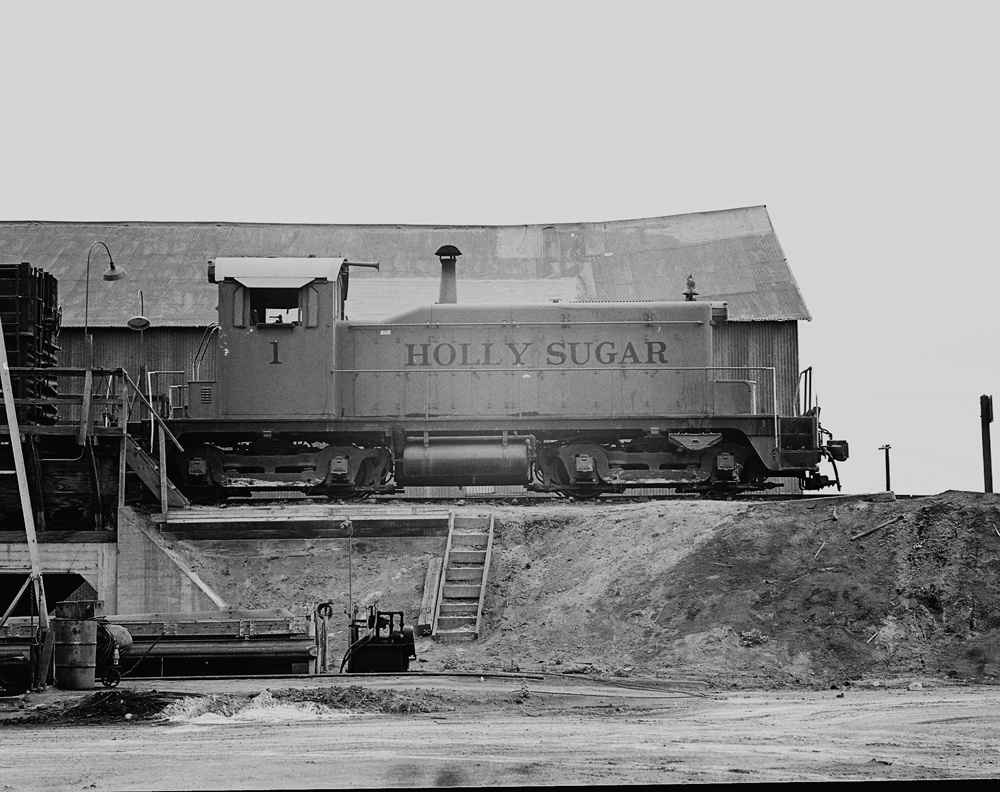
Down memory lane Down memory lane: Ever find yourself bumping into the same locomotive over the decades? I have. For me, it is former Southern Pacific’s Electro Motive Corporation SW1 No. 1000. My first encounter was in the 1960s in Northern California, the only model on the roster not working in the greater Los Angeles […]
Read More…
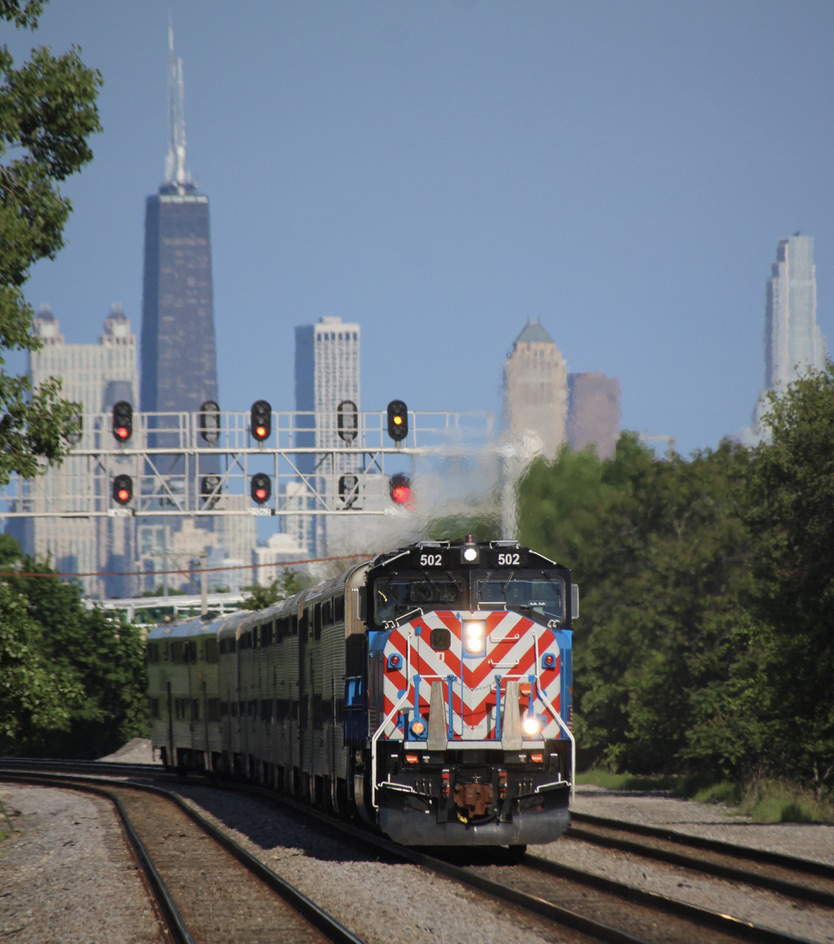
Roosevelt Road used to be ‘the’ Chicago railfan road. On less than a mile of viaducts just south of downtown, fans could catch passenger trains to and from many of the great Chicago passenger stations and associated coach yards. But intercity trains now only call at Union Station, and while commuters still roll, several iconic […]
Read More…
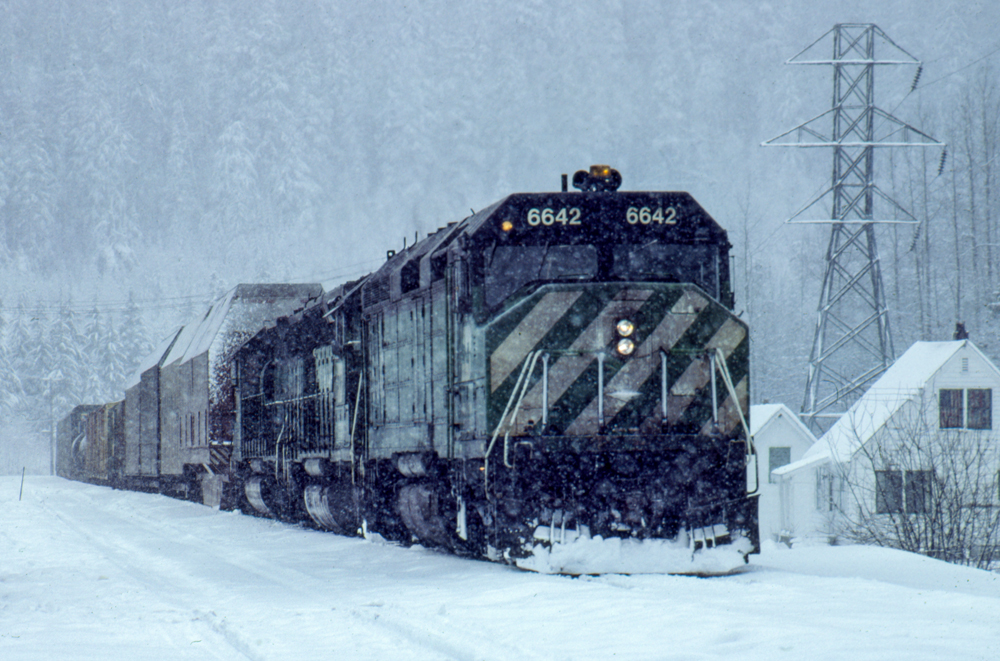
Them’s the breaks Late afternoon on Jan. 30, 2007, my conductor and I were called for the SSEALPC — a stack train from Seattle to Logistics Park, Elwood, Ill., a suburb of Chicago. Our train that day was FURX No. 8117 as the lead unit of six, trailing us were 63 loads, zero empties, 5,924 […]
Read More…
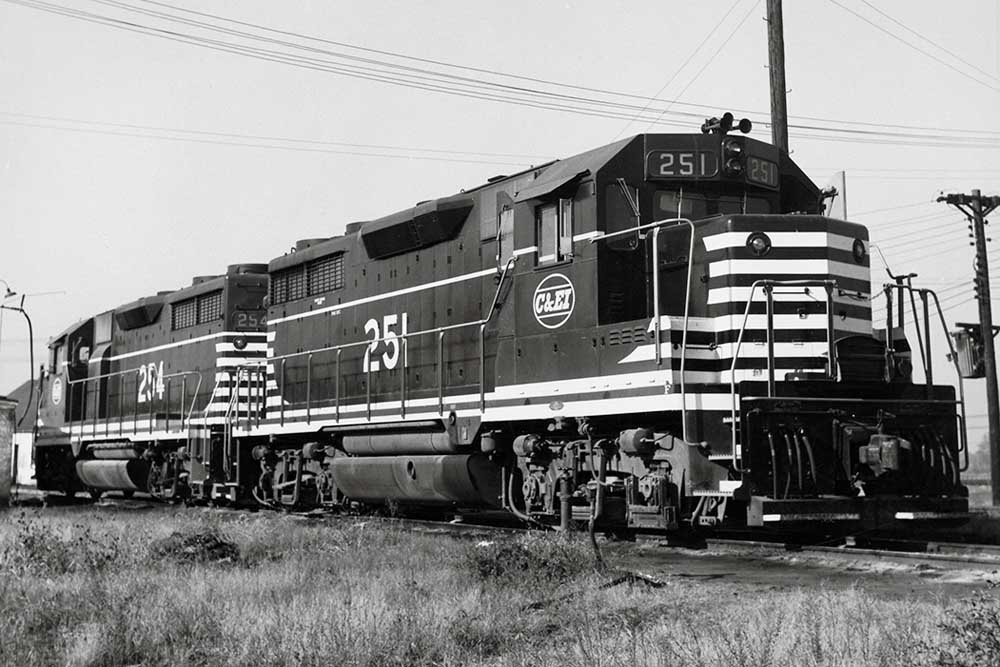
Chicago & Eastern Illinois locomotives served the road well through many decades of operation. C&EI was a coal-hauling railroad and, other than some early switchers, stuck with steam through World War II. Three E7s and a bunch of F3s made quick work of dieselizing the line from 1946 onward, with the last steam […]
Read More…












